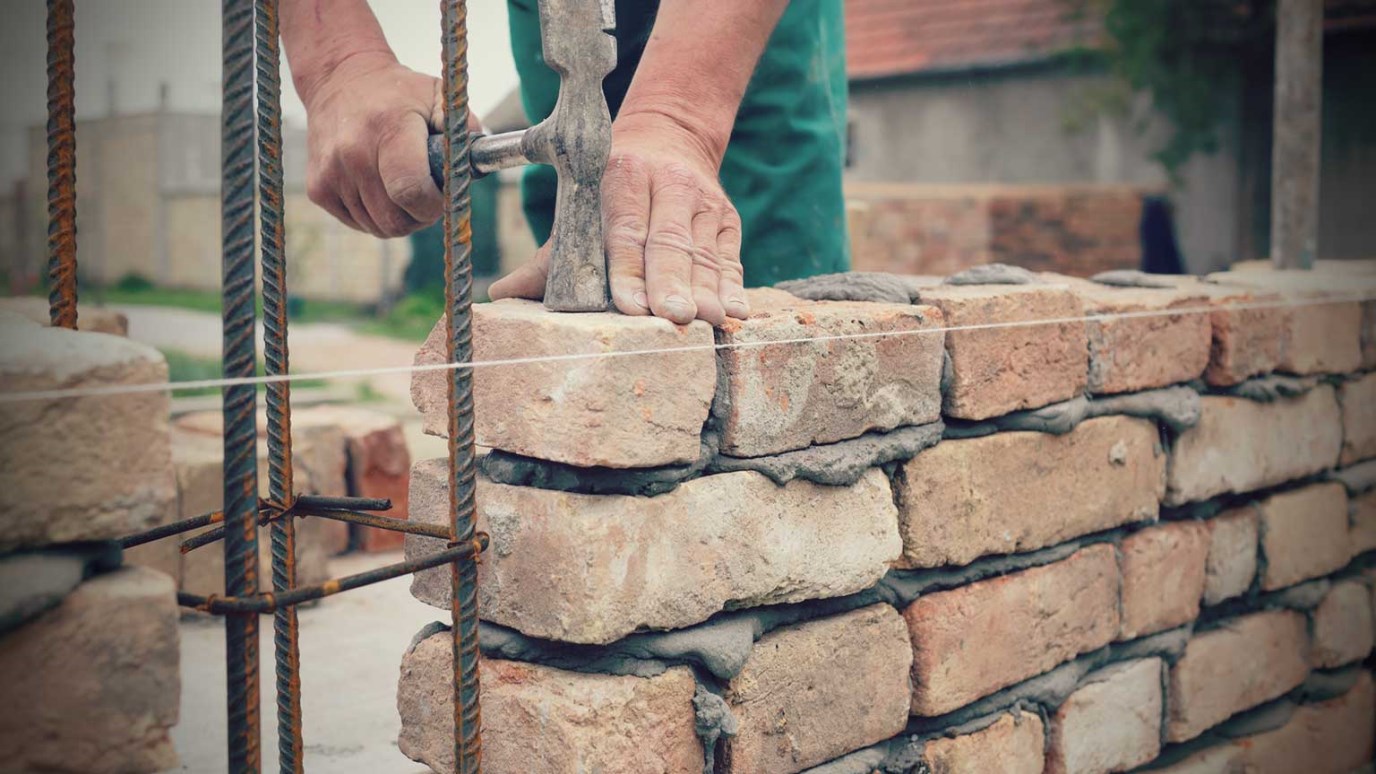| 1. Word of God: The preaching of the Word is central to the life of the church. It is through the preaching of the Word that the people of God are built up, encouraged, and instructed in righteousness. The foundation of any church must be the preaching of the Word of God. Therefore, the pastors and elders must be committed to the preaching and teaching of the whole counsel of God, even if it is not popular or culturally acceptable. |
2. Biblical worship: Worship is another important aspect of the life of the church. It is through worship that we express our love for God and receive his grace. Worship should be focused on God, not on the preferences of the worshippers. Biblical worship should be centered on the preaching of the Word, prayer, and the sacraments, and should not be driven by entertainment or personal preferences.
3. Sound doctrine: Sound doctrine is essential for the health and vitality of the church. It is through sound doctrine that we are equipped to discern truth from error and are strengthened in our faith. A Reformed church should hold fast to the historic Reformed doctrines such as the sovereignty of God, justification by faith alone, and the authority of Scripture. This will require teaching and discipleship to ensure that members understand and embrace these doctrines.
4. Prayer: Prayer is an essential component of the Christian life and the life of the church. It is through prayer that we communicate with God and seek his guidance and blessing. Ultimately, the rebuilding of a biblical, historical Reformed church is a spiritual work that can only be accomplished through the power of the Holy Spirit. Therefore, the church must be committed to prayer for God's guidance, wisdom, and power.
5. Biblical community: The church is not simply a gathering of individuals, but a community of believers who are united in Christ. Therefore, a key element in rebuilding a biblical, historical local Reformed church is a commitment to biblical community. This includes fostering relationships among members, caring for one another, and practicing biblical hospitality. Members of the church should be held accountable to one another in matters of doctrine and conduct. This involves both formal church discipline and informal accountability through meaningful relationships.
6. Discipleship: Discipleship is the process of growing in Christ-likeness and learning to follow Jesus in all areas of life. Therefore, a key element in rebuilding a biblical, historical local Reformed church is a commitment to discipleship. This includes providing opportunities for members to learn and grow in their faith, as well as mentoring and training leaders. A biblical, historical Reformed church should be committed to making disciples of Christ. This involves more than just attendance at Sunday worship services, but also includes intentional relationships for teaching and mentoring.
7. Outreach: The church exists not only for its own benefit but also for the sake of the world. This includes evangelism, mission work, and other efforts to share the gospel and serve the needs of the community. The church must be engaged with the community it serves. This includes acts of service, evangelism, and outreach, as well as being a positive influence in the community.
3. Sound doctrine: Sound doctrine is essential for the health and vitality of the church. It is through sound doctrine that we are equipped to discern truth from error and are strengthened in our faith. A Reformed church should hold fast to the historic Reformed doctrines such as the sovereignty of God, justification by faith alone, and the authority of Scripture. This will require teaching and discipleship to ensure that members understand and embrace these doctrines.
4. Prayer: Prayer is an essential component of the Christian life and the life of the church. It is through prayer that we communicate with God and seek his guidance and blessing. Ultimately, the rebuilding of a biblical, historical Reformed church is a spiritual work that can only be accomplished through the power of the Holy Spirit. Therefore, the church must be committed to prayer for God's guidance, wisdom, and power.
5. Biblical community: The church is not simply a gathering of individuals, but a community of believers who are united in Christ. Therefore, a key element in rebuilding a biblical, historical local Reformed church is a commitment to biblical community. This includes fostering relationships among members, caring for one another, and practicing biblical hospitality. Members of the church should be held accountable to one another in matters of doctrine and conduct. This involves both formal church discipline and informal accountability through meaningful relationships.
6. Discipleship: Discipleship is the process of growing in Christ-likeness and learning to follow Jesus in all areas of life. Therefore, a key element in rebuilding a biblical, historical local Reformed church is a commitment to discipleship. This includes providing opportunities for members to learn and grow in their faith, as well as mentoring and training leaders. A biblical, historical Reformed church should be committed to making disciples of Christ. This involves more than just attendance at Sunday worship services, but also includes intentional relationships for teaching and mentoring.
7. Outreach: The church exists not only for its own benefit but also for the sake of the world. This includes evangelism, mission work, and other efforts to share the gospel and serve the needs of the community. The church must be engaged with the community it serves. This includes acts of service, evangelism, and outreach, as well as being a positive influence in the community.


 RSS Feed
RSS Feed
